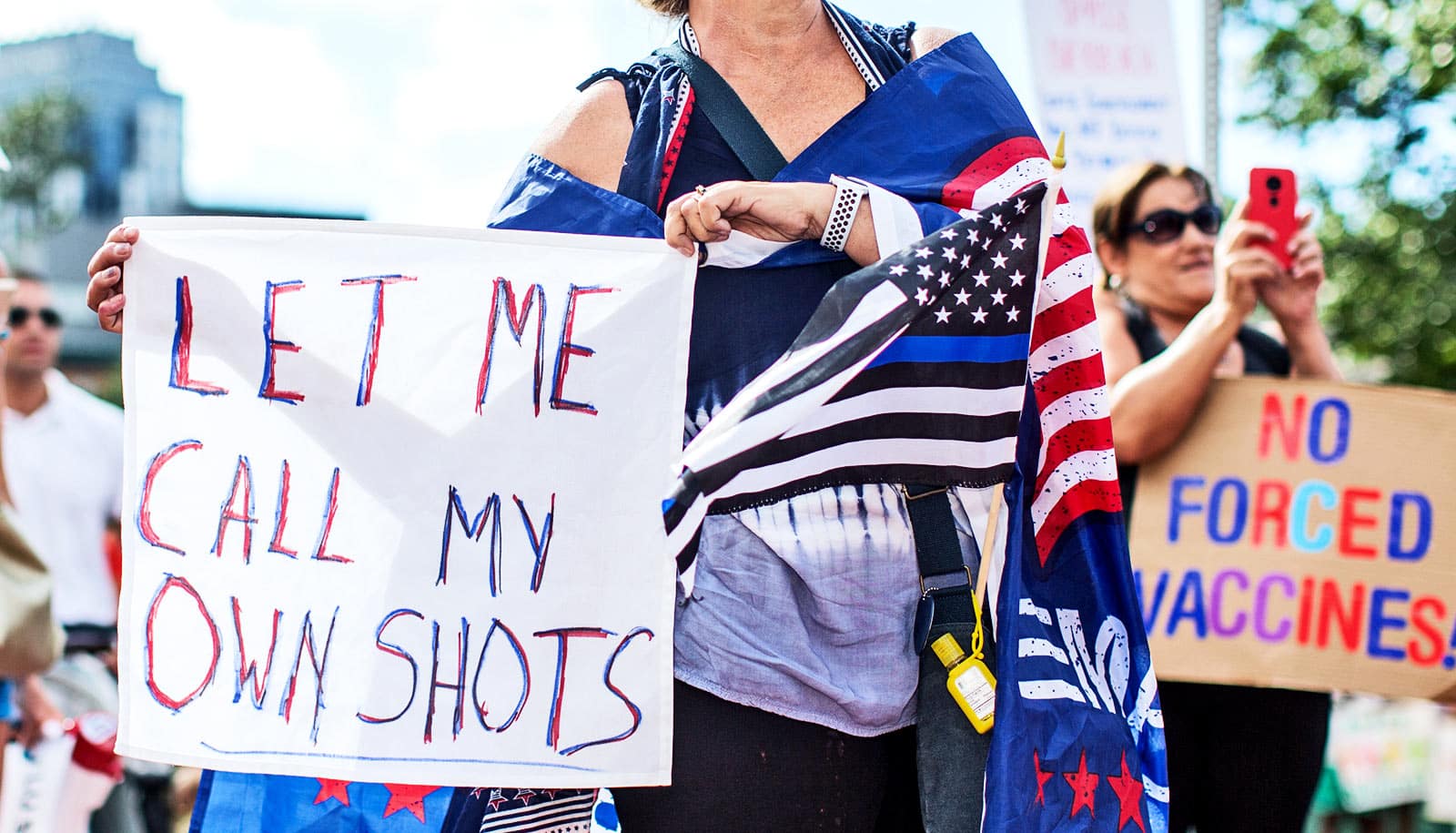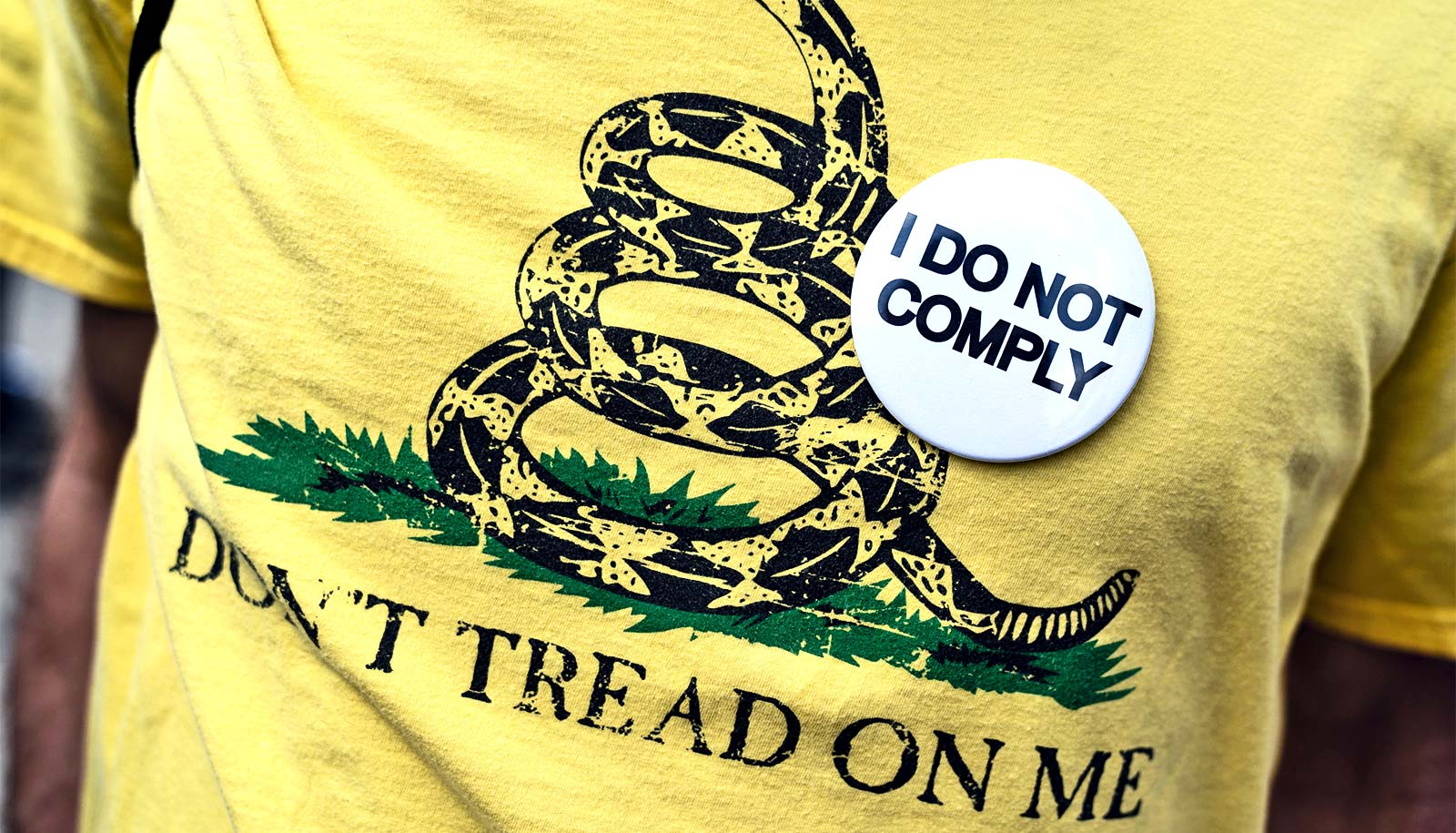A study of more than 1,000 demographically representative participants found that about 22% of Americans self-identify as anti-vaxxers, and tend to embrace the label as a form of social identity.
According to the study by researchers including Texas A&M University School of Public Health assistant professor Timothy Callaghan, 8% of this group “always” self-identify this way, with 14% “sometimes” identifying as part of the anti-vaccine movement.
The results appear in the journal Politics, Groups, and Identities.
“We found these results both surprising and concerning,” Callaghan says.
“The fact that 22% of Americans at least sometimes identify as anti-vaxxers was much higher than expected and demonstrates the scope of the challenge in vaccinating the population against COVID-19 and other vaccine-preventable diseases,” he says.
Researchers also found that participants who scored high on the anti-vaccine identity measure were less trusting of scientific experts and more individualistic.
Additionally, study results show that there is increased opposition to childhood vaccine requirements among those who self-identify as anti-vaxxers.
The study serves as a “blueprint” for other researchers to further examine how socially identifying as an anti-vaxxer impacts health policies and public health.
Callaghan notes that Americans socially identifying as anti-vaxxers adds another layer of complexity to mitigating the anti-vaccine movement. Changing a core feature of one’s underlying social identity is a difficult task—one that likely cannot be fixed with traditional public health messaging.
Moving forward, Callaghan and other members of the research team hope to investigate how endorsement of the anti-vaccine label varies across the country based on states and levels of rurality, as well as interventions that might reduce individuals’ social attachment to the label.
Source: Callie Rainosek for Texas A&M University



